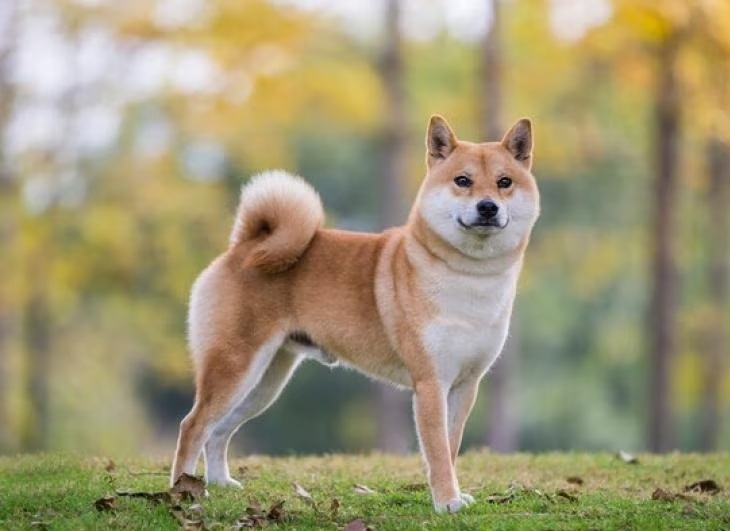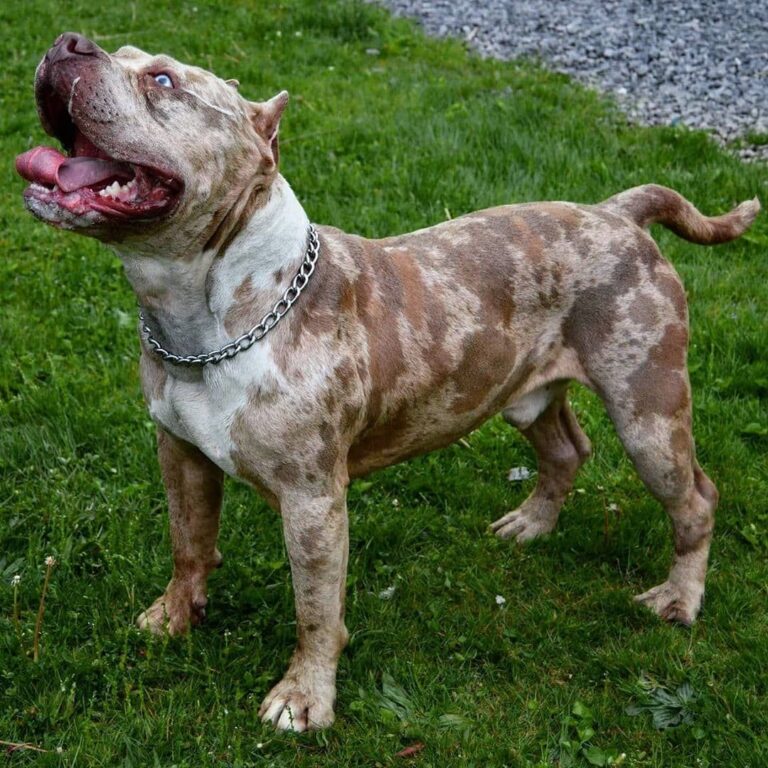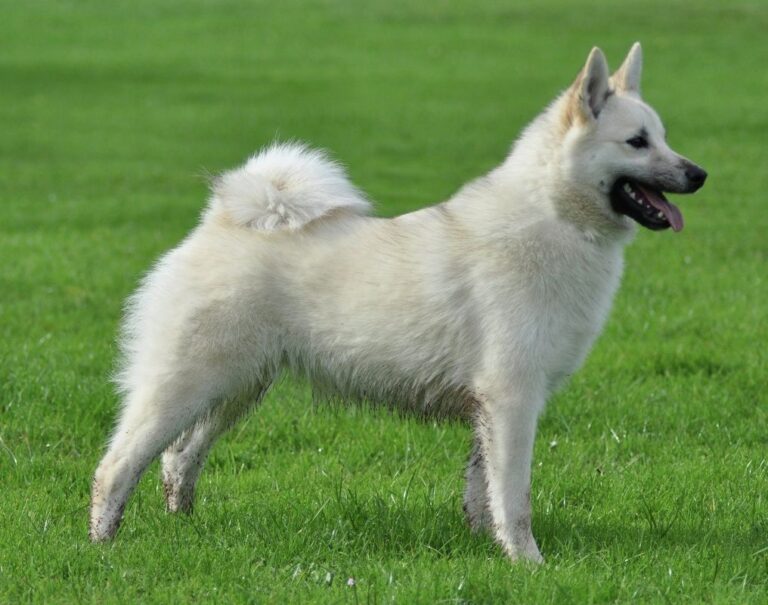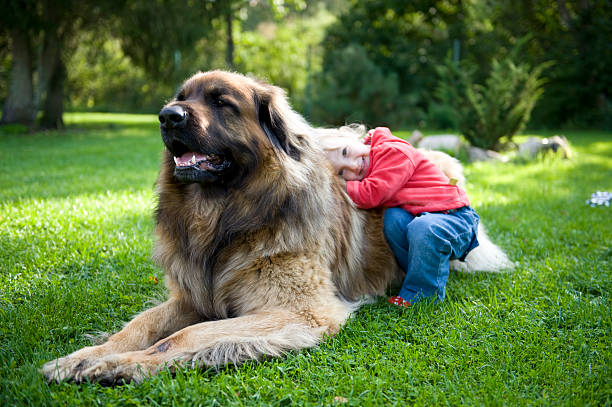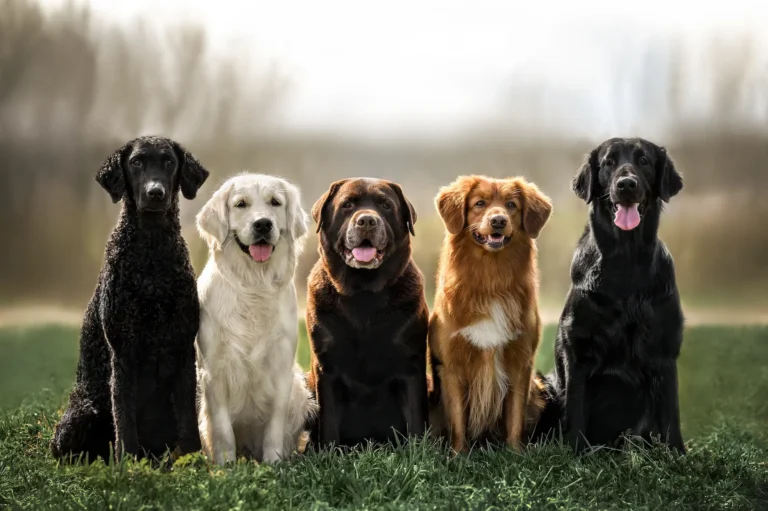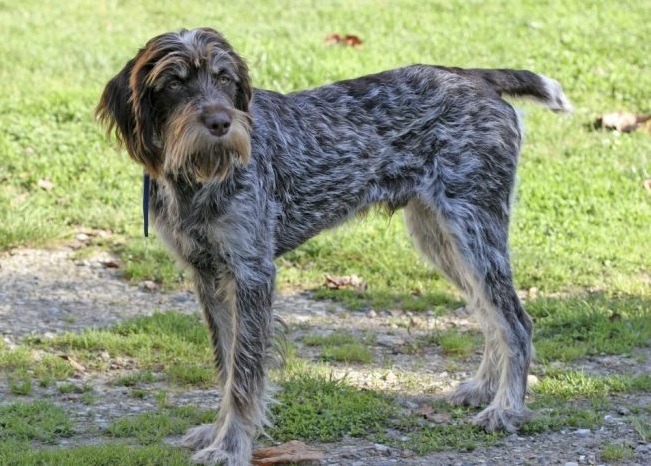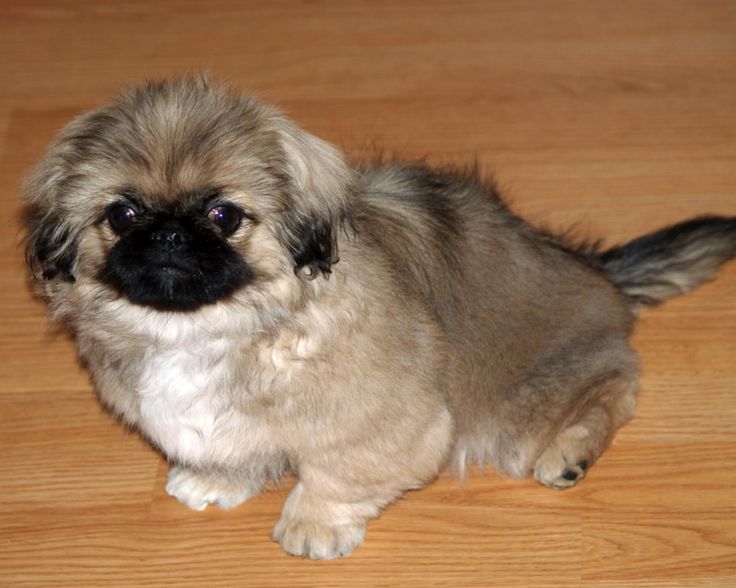Shiba Inu is a spirited and independent breed of dog. If you are considering adding a Shiba Inu to your family or simply interested in learning more about this fascinating breed, you’ve come to the right place. In this article, we will explore the history, characteristics, and care requirements of Shiba Inus, providing you with valuable insights to help you make an informed decision. Whether you are a seasoned dog owner or a first-time pet parent, our aim is to provide you with all the essential information you need to know about the Shiba Inu breed. So let’s dive in and uncover the unique traits and qualities that make the Shiba Inu an exceptional companion.
Appearance and Size
Distinctive Features
Shiba Inus are known for their distinctive features that make them stand out among other dog breeds. One of their most prominent features is their fox-like appearance. With their upright, pointed ears and alert expression, Shiba Inus exude an air of intelligence and curiosity.
Another distinctive feature of the Shiba Inu is their plush double coat. This double coat consists of a soft, thick undercoat and a straight, coarse outer coat. The combination of these two layers provides excellent insulation and protection against harsh weather conditions. The Shiba Inu’s coat comes in various colors, including red, sesame, black and tan, and cream.
Size and Weight
Shiba Inus are small to medium-sized dogs with a compact and well-muscled build. Typically, adult Shiba Inus stand at a height of around 13.5 to 16.5 inches (34 to 42 cm) at the shoulder. Their body length is slightly longer than their height, creating a balanced and sturdy appearance.
In terms of weight, Shiba Inus generally range between 17 to 23 pounds (7.5 to 10.5 kg). However, it’s important to note that individual Shiba Inus may vary slightly in size and weight, depending on factors such as genetics, diet, and exercise.
Despite their relatively small size, Shiba Inus possess a remarkable strength and agility. Their well-developed muscles allow them to move swiftly and gracefully, making them excellent hunters and agile companions.
Shiba Inu breed boasts distinctive features that set them apart from other dogs. Their fox-like appearance and plush double coat make them visually striking, while their compact size and muscular build contribute to their strength and agility. Whether it’s their unique appearance or their energetic nature, Shiba Inus are truly a spirited and independent breed.
Temperament and Behavior
Independent Nature
Shiba Inus are known for their independent nature. This breed is not clingy or overly dependent on their owners, which makes them a great choice for individuals who prefer a more self-reliant pet. Shiba Inus have a strong sense of self and are often described as cat-like in their behavior. They enjoy their own space and are content to entertain themselves with their toys and explore their surroundings. However, it is important to note that their independent nature does not mean they are aloof or unfriendly. Shiba Inus form strong bonds with their owners and can be quite affectionate, but they also value their independence and need their alone time.
Alertness and Watchfulness
Shiba Inus are naturally alert and watchful dogs. They have an inherent instinct to be aware of their surroundings, making them excellent watchdogs. This breed is known for its keen senses and will quickly pick up on any changes in their environment. Shiba Inus are always on high alert, which makes them great at detecting potential dangers or intruders. Their alertness combined with their loud and distinctive bark makes them effective at alerting their owners to any unusual activities or sounds. It is important to provide proper training and socialization to ensure that their alertness does not turn into excessive barking or aggression.
Socialization and Training
Socialization and training are crucial aspects of owning a Shiba Inu. While they are independent by nature, it is important to introduce them to various situations, people, and animals from an early age. Proper socialization will help them develop good manners and prevent them from becoming overly timid or aggressive. Shiba Inus are intelligent and quick learners, but they can also be stubborn at times. Consistent and positive reinforcement-based training methods work best with this breed. Early training should focus on basic commands, leash walking, and obedience training. Mental stimulation through puzzle toys and interactive games will also help keep their intelligent minds occupied. With the right socialization and training, Shiba Inus can become well-rounded and well-behaved companions.
Overall, Shiba Inus possess a unique temperament and behavior that sets them apart from other dog breeds. Their independent nature, combined with their alertness and watchfulness, make them excellent companions and watchdogs. However, it is crucial to provide them with proper socialization and training to ensure a well-adjusted and obedient pet.
Health and Care
Common Health Issues
Shiba Inus are generally known to be a healthy breed, but they are still prone to certain health issues. It is important for owners to be aware of these common health issues and take necessary precautions.
- Allergies: Shiba Inus can develop allergies to certain foods, environmental factors, or even flea bites. It is important to monitor their diet and keep their environment clean to minimize the risk of allergies.
- Hip Dysplasia: This inherited condition affects the hip joints and can cause pain and mobility issues. Regular exercise and maintaining a healthy weight can help reduce the risk of hip dysplasia in Shiba Inus. Responsible breeders perform hip evaluations on their breeding dogs to minimize the occurrence of this condition.
- Patellar Luxation: Patellar luxation, or kneecap dislocation, is another common health issue in Shiba Inus. This condition occurs when the kneecap slips out of its normal position, causing discomfort and lameness. Regular vet check-ups can help detect this condition early and appropriate treatment can be provided.
Grooming and Exercise
Shiba Inus have a double coat that requires regular grooming to keep it in good condition. Here are some grooming tips for Shiba Inu owners:
- Brushing: Shiba Inus have a thick, waterproof coat that sheds heavily twice a year. Regular brushing helps remove loose hair and prevents matting. Use a slicker brush or deshedding tool to remove the dead hair effectively.
- Bathing: Shiba Inus are known for their cleanliness and do not typically require frequent baths. However, occasional baths can help keep their coat clean and shiny. Use a mild dog shampoo and ensure thorough rinsing to avoid skin irritation.
- Nail Trimming: Regular nail trimming is essential to prevent overgrowth and discomfort. Use a dog nail clipper and be cautious not to cut too close to the quick, which can cause bleeding.
In terms of exercise, Shiba Inus are an active breed that requires daily physical activity to stay happy and healthy. Here are some exercise recommendations for Shiba Inu owners:
- Daily Walks: Take your Shiba Inu for daily walks to provide mental and physical stimulation. They enjoy exploring their surroundings, but keep them on a leash as they have a strong prey drive.
- Interactive Play: Engage in interactive play sessions with your Shiba Inu using toys or games that challenge their intelligence. This will keep them mentally stimulated and prevent boredom.
- Off-Leash Activities: Shiba Inus can benefit from off-leash activities in a secure and controlled environment. Consider taking them to a safely enclosed dog park or participate in agility training to provide them with a chance to burn off excess energy.
Nutrition and Diet
A well-balanced diet is crucial for the overall health and well-being of Shiba Inus. Here are some important considerations when it comes to their nutrition and diet:
- High-Quality Dog Food: Choose a high-quality dog food that is specifically formulated for the nutritional needs of active breeds like Shiba Inus. Look for a brand that lists real meat as the main ingredient and avoid foods with excessive fillers or artificial additives.
- Portion Control: Shiba Inus have a tendency to gain weight, so it is important to monitor their food portions and avoid overfeeding. Follow the feeding guidelines provided by the dog food manufacturer and adjust as needed based on your Shiba Inu’s activity level and weight.
- Scheduled Meal Times: Establish a regular feeding schedule for your Shiba Inu to promote healthy digestion. Divide their daily food intake into two or three meals and avoid leaving food out all day.
Remember to provide fresh water at all times and consult with your veterinarian for any specific dietary recommendations or concerns related to your Shiba Inu’s health.
Shiba Inu is a truly unique and captivating breed. Their spirited and independent nature sets them apart from other dog breeds, making them a favorite among dog enthusiasts. With their striking appearance, intelligence, and loyalty, Shiba Inus have gained popularity worldwide. However, it is important to note that owning a Shiba Inu requires dedication, patience, and a strong understanding of their specific needs. Despite their independent nature, they thrive in a loving and structured environment. If you are looking for a companion that is both charming and self-reliant, the Shiba Inu is the perfect choice.

